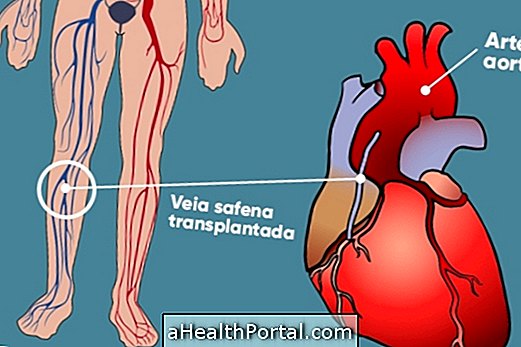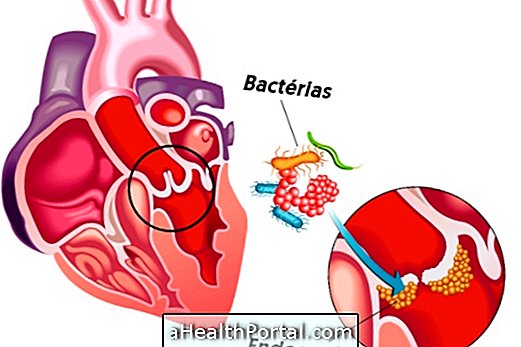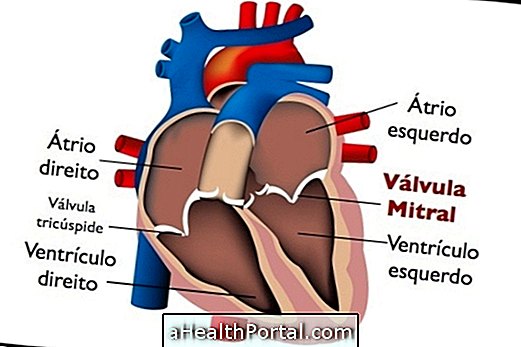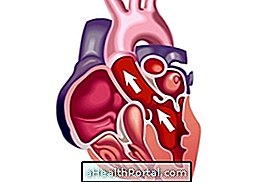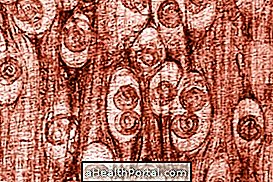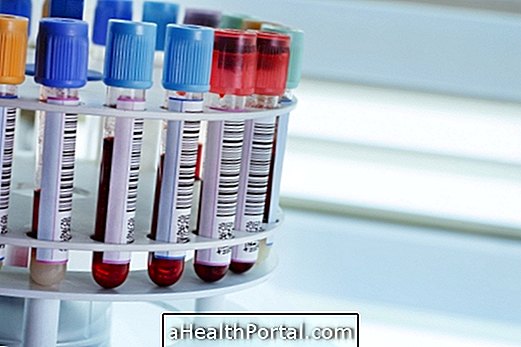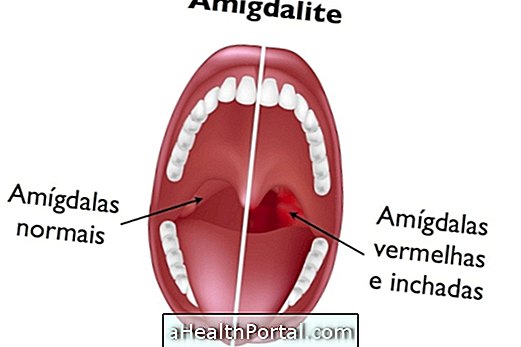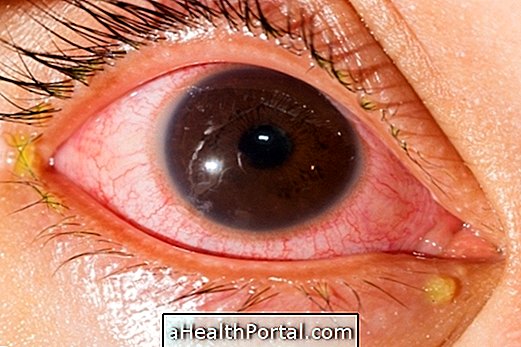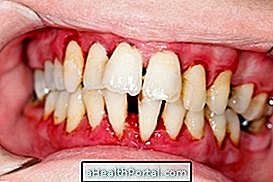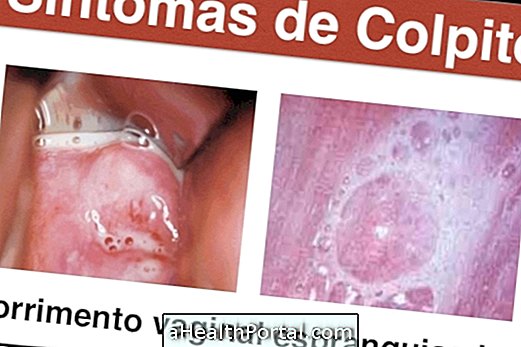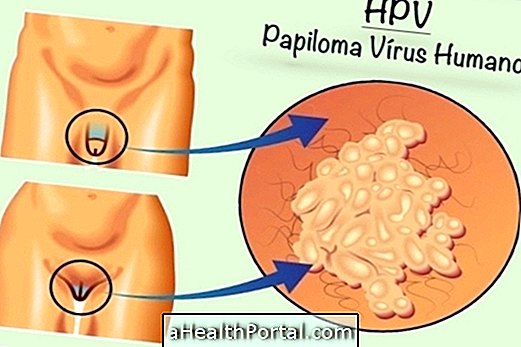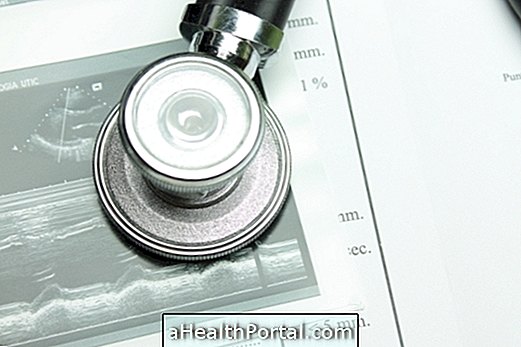Heart failure, also known as congestive heart failure, arises when the heart has difficulty pumping blood into the body, generating symptoms such as tiredness, night coughing, and swelling of the legs at the end of the day.
Heart failure is generally more common in patients with high blood pressure because the heart needs more force to pump blood, causing heart dilation over the years.
Heart failure has no cure, but can be controlled with regular use of oral medications and food care, in addition to regular consultations with the cardiologist.
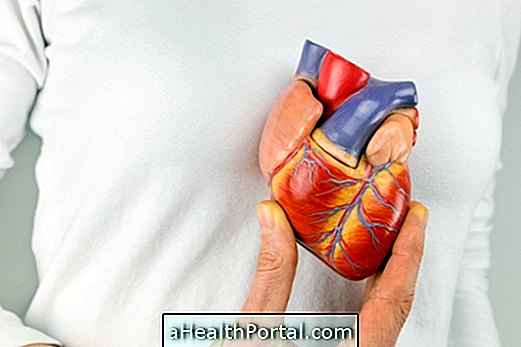
Main types of heart failure
The main types of heart failure include:
- Chronic heart failure: it is the most common type that develops over the years due to high blood pressure, for example;
- Acute heart failure: Sudden onset due to a serious problem, such as myocardial infarction, severe arrhythmia or hemorrhage, and should be treated at admission to avoid complications;
- Decompensated heart failure: occurs in patients with chronic heart failure who do not treat adequately, requiring hospitalization;
- Congestive heart failure: There is accumulation of fluid in the lungs, legs and belly due to the heart's difficulty in pumping blood.
The causes of different types of heart failure should be investigated by a cardiologist to avoid worsening the problem, but a common cause is having the heart grow.
Symptoms of heart failure
Symptoms of heart failure may include:
- Frequent tiredness;
- Excessive cough at night;
- Swelling in the legs, ankles, and feet at the end of the day;
- Shortness of breath during exertion or at rest;
- Palpitations and chills;
- Abdominal swelling;
- Pallor;
- Difficulty sleeping with low headboard.
The main symptom of heart failure is progressive fatigue that begins after major efforts, such as climbing stairs or running, but over time may appear even at rest. Check out other symptoms depending on the type of impairment that the person has here.
How To Treat Heart Failure
Treatment for heart failure should be directed by a cardiologist and usually includes the use of pressure-relieving medicines such as Lisinopril or Captopril, heart medicines such as Digoxin or Amiodarone, or diuretic medicines such as Furosemide or Spironolactone.
In addition, it is also recommended that the patient reduce salt and fluid intake and exercise regularly, under the guidance of the cardiologist. Check the signs of improvement, worsening and possible complications of the disease here.
In more severe cases of heart failure where the patient does not treat properly, it may be necessary to use surgery to do heart transplantation.
Check out the following video on how eating helps heart work by reducing the symptoms of heart failure:

